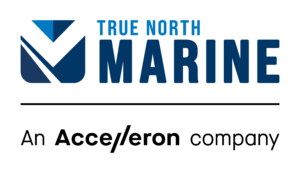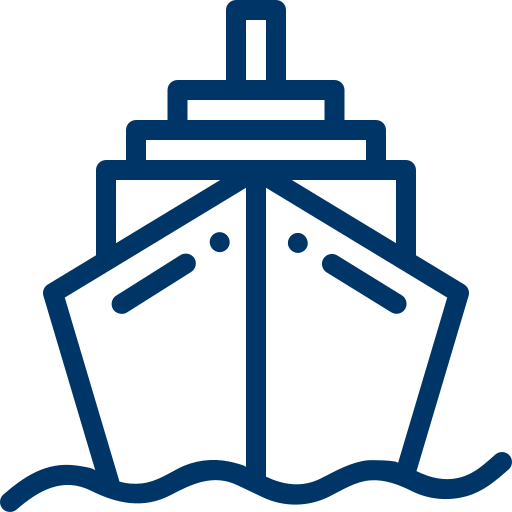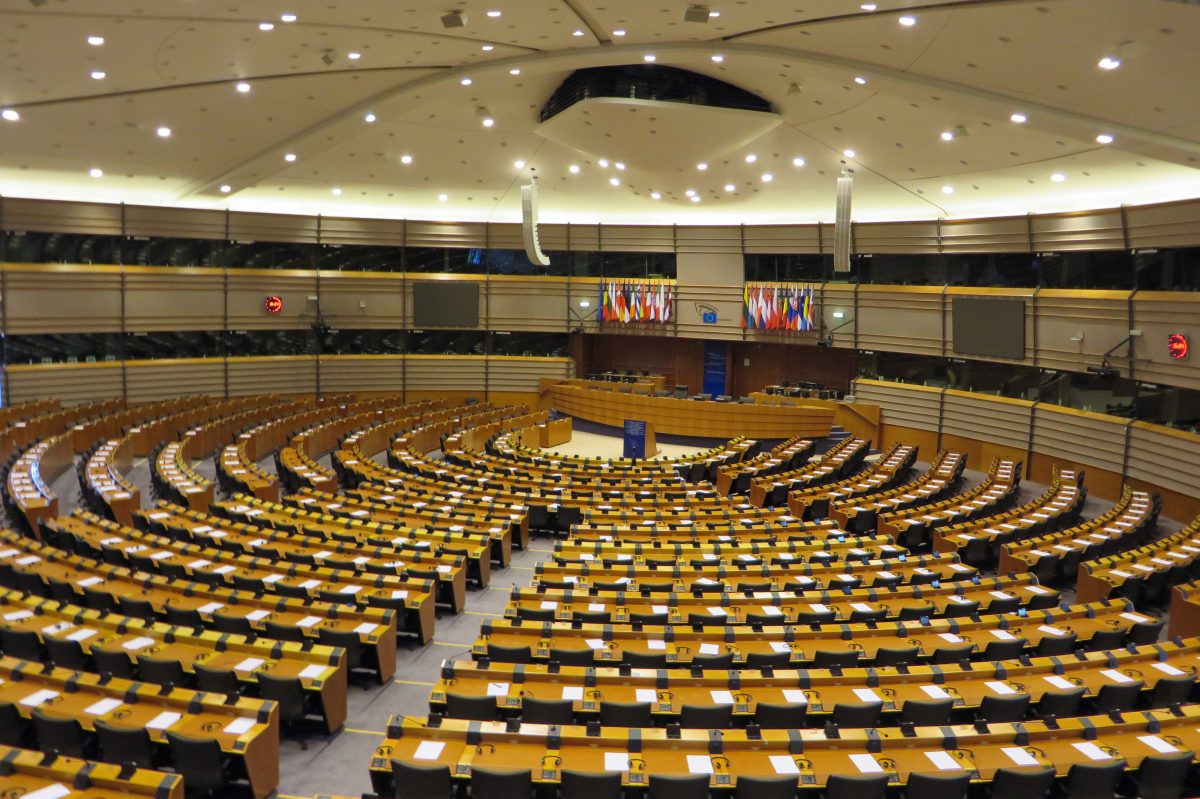The International Maritime Organization (IMO) and the EU parliament have taken big steps towards changing environmental regulations in the shipping industry. These changes are likely to impact the bottom line of shipowners as the EU Parliament voted in September to include the shipping industry in their CO2 emissions trading system. Following that decision, the IMO proposed their own regulatory changes aimed at increasing environmental transparency in the industry.
An IMO working group, convened in October, has drafted amendments to MARPOL which would require that all ships of 5 000 GT or more be assigned a “carbon intensity indicator (CII)” rating, between A – E, corresponding to their “operational carbon emissions intensity”. The CII is essentially a measure of how clean-burning a given vessel is, with cleaner vessels assigned an A ranking whereas the least efficient vessels will be assigned an E rating. The assigned rating will be based on the data that the relevant vessels are required to report via the IMO’s Fuel Oil Data Collection System (DCS).
These ratings are likely to make the charter market much more competitive for the cleanest vessels while driving poor performers from the market. For vessels with a persistent rating of D or E, the amendment would require owners to submit a corrective action plan for how the ship will reduce their emissions in order to achieve at least a C rating. Port authorities and other stakeholders are being encouraged to offer incentives to vessels which achieve an A or B rating,. Once a vessel has been rated the amendment also requires that the vessel’s operational carbon intensity improve by a given factor annually in order to remain within their rating level.
The amendments were drafted during the session, held between 19 – 23rd of October, of the IMO’s Intersessional Working Group on Reduction of GHG Emissions from Ships (ISWG-GHG 7) and will be presented to the Marine Environmental Protection Committee (MEPC) during their upcoming session, slated to be held between 16 – 20th November. If approved, the amendments would still need to be formally adopted at the next MEPC session which will be held in 2021. The International Chamber of Shipping (ICS) whose membership represents many stakeholders in the industry released a statement in support of the amendments and the organization “is confident that the package […] will be formally agreed by the IMO”.
The proposed measures are part of a larger movement towards greater environmental transparency within the shipping industry. The Sea Cargo Charter is one initiative which aims to address the demands for transparency and requires signatories to assess and disclose publicly whether “chartering activities are in line with adopted climate goals”. The charter was officially launched on October 07th and has attracted some of the biggest shippers globally, including ADM, Anglo American, Bunge and Cargill as signatories.
The move to make vessel’s carbon emissions performance public will surely be welcomed by at least some charterers as pressure has mounted on shippers themselves to reduce the environmental impact of their activities. If the rating system is successfully implement it will make it far easier for charterers to discriminate against dirtier-burning vessels and is sure to increase pressure on owners to take whatever steps available to improve their vessel’s rating.





